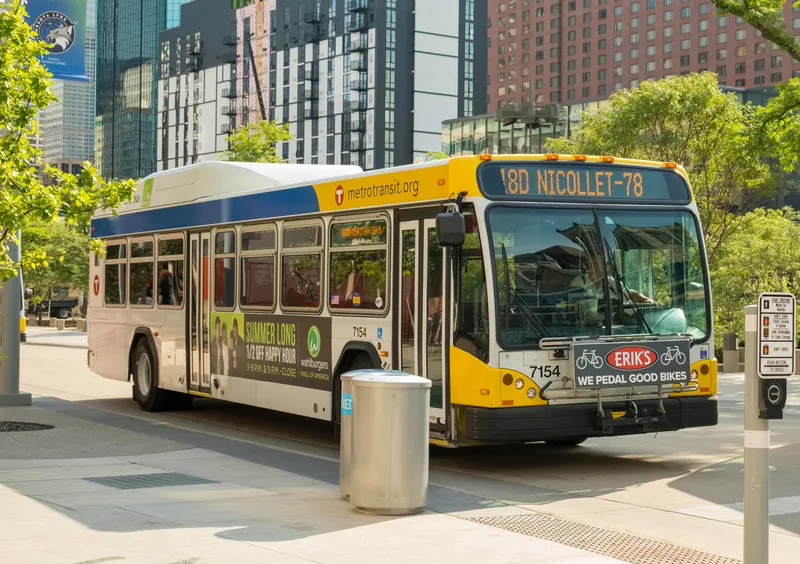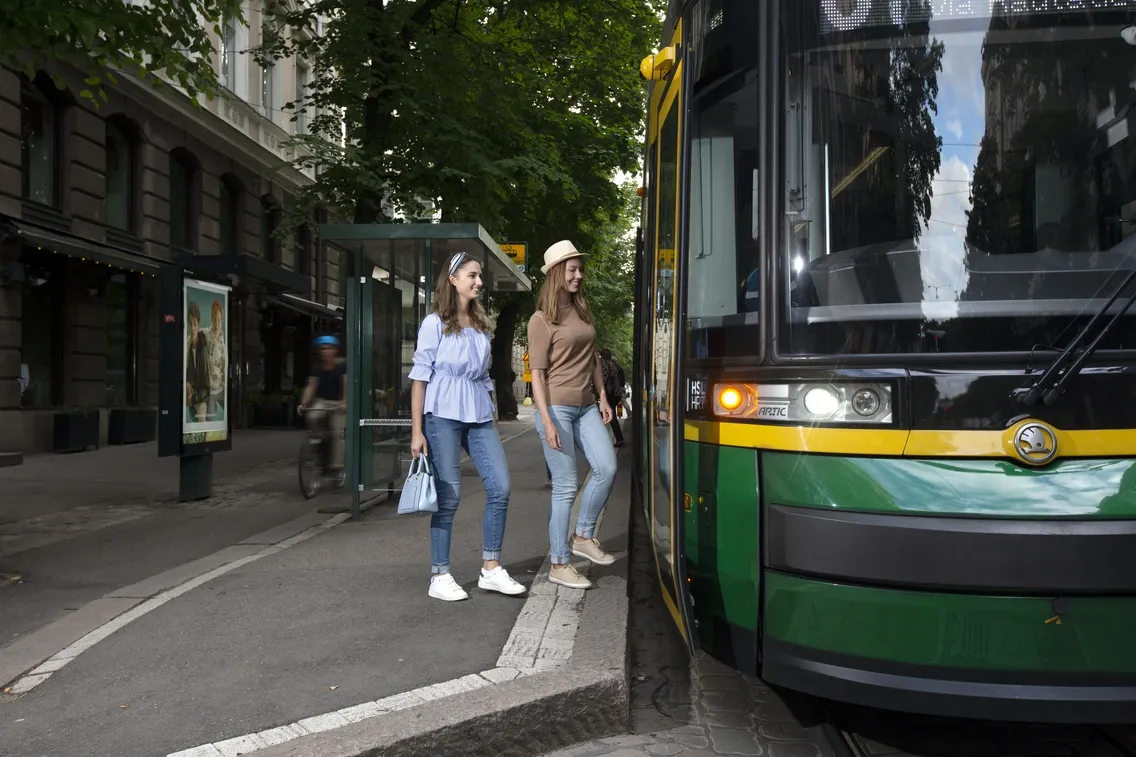Cubic Transportation Systems (CTS) has been awarded a $33 million contract by the Miami-Dade County’s Department of Transportation and Public Works (DTPW) to modernise the Cubic-supplied EASY Card revenue management system and provide 10 years of back office cloud computing and support services.
The project provides a significant technology refresh and expansion of customer services at a fraction of the cost for new system procurement. The award includes Cubic’s contactless bankcard and near field commun
August 3, 2016
Read time: 2 mins
The project provides a significant technology refresh and expansion of customer services at a fraction of the cost for new system procurement. The award includes Cubic’s contactless bankcard and near field communications (NFC) mobile open payment, as well as upgrades to fare terminals and the EASY Card back office to process account-based transactions for new and easy ways to pay.
Mobile payments also will be supported through mobile wallets, such as ApplePay, AndroidPay, and Masterpass. Emerging wearables, such as the AppleWatch and
In collaboration with transportation mobile applications provider Passport, Cubic will also introduce a new mobile app that gives riders a range of convenient features and tools, including EASY Card balance checking, viewing account history, account management and fare product purchases for loading to their EASY Cards.
Other updates will include upgrading and moving the Cubic back office system to the cloud, through Cubic’s collaboration with Microsoft, to take advantage of the Microsoft Azure cloud environment. The enhanced cloud platform, including the latest release of NextFare along with NextAccount and NextWave, not only provides operational cost savings but also establishes the foundation for a broad range of new services and commercial partnerships.









